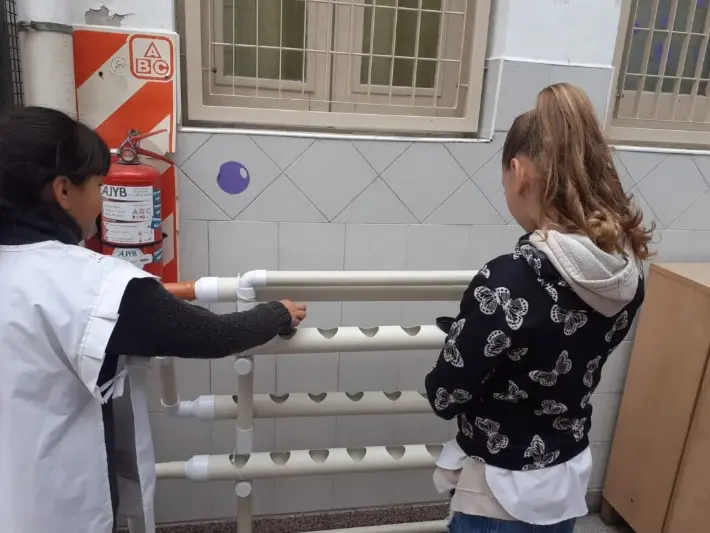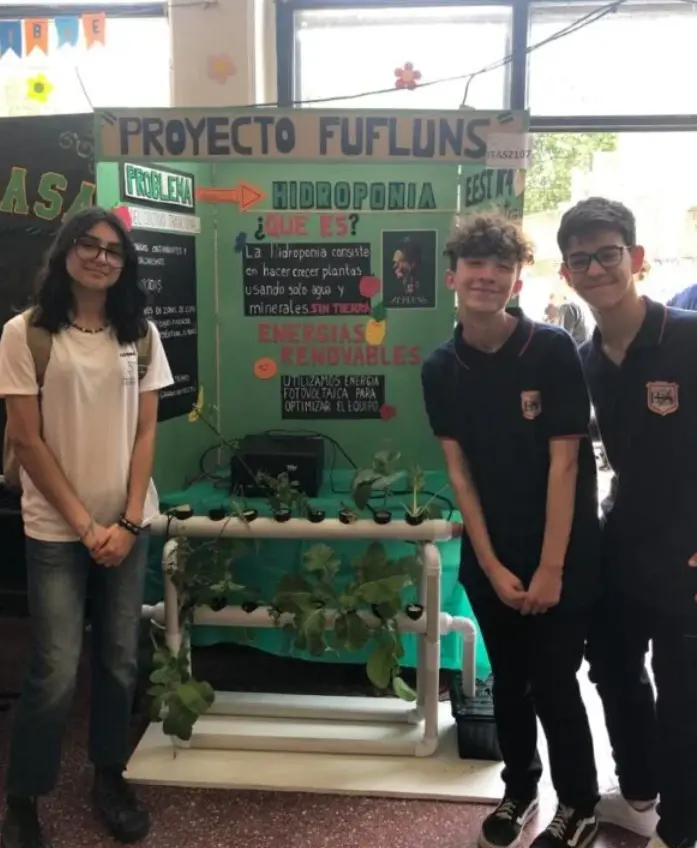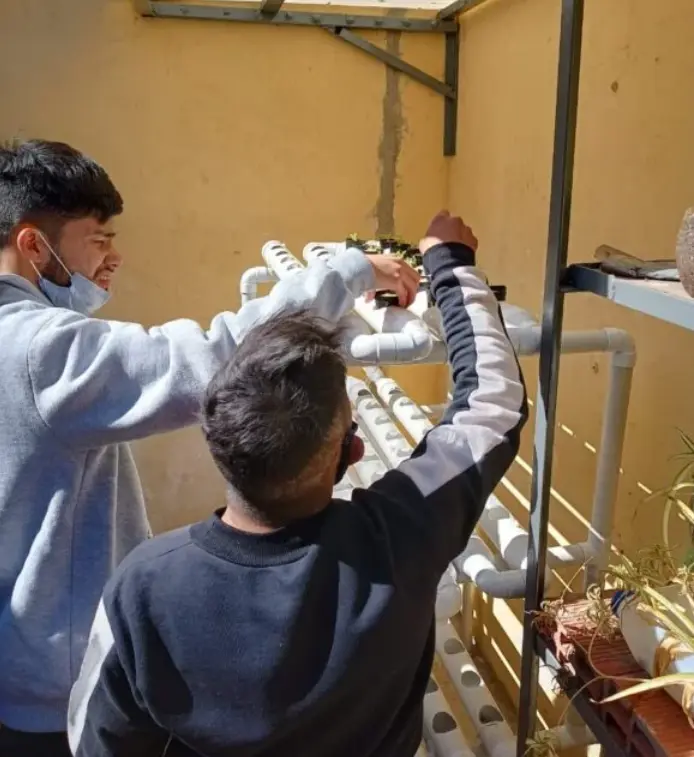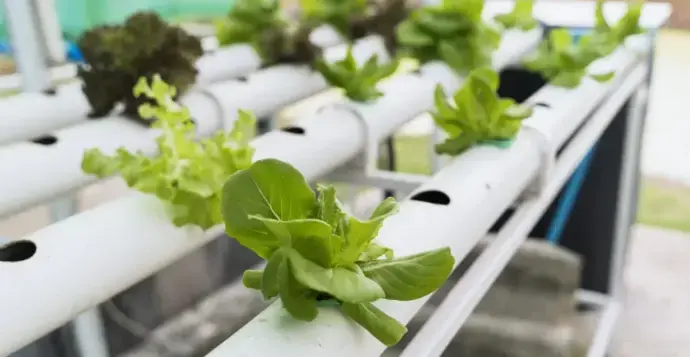Education is always evolving, searching for new ways to enrich the learning experience of students. In this context, hydroponics emerges as an innovative and powerful tool that can transform the educational environment. At ToDo Hydro, we firmly believe that integrating hydroponics into schools not only benefits students’ learning, but also prepares new generations to face future challenges.
We are proud to be close, collaborate, and help people and families across the country by providing the necessary elements to carry out self cultivation.

School with Garden N2 ToDo Hydro
Practical and Multidisciplinary Learning
Hydroponics offers a practical and multidisciplinary learning experience. By engaging in growing plants without soil, students can apply concepts from biology, chemistry, and physics in a tangible way. This “learning by doing” method helps reinforce the theoretical knowledge acquired in the classroom and encourages critical thinking and problem solving. Young people do not just memorize concepts, they see them in action, which greatly improves their understanding and retention.

School with Garden N7 ToDo Hydro
Promotion of Ecological Values
Hydroponics teaches students the importance of sustainability and caring for the environment. By understanding how it is possible to grow plants efficiently, using less water and without the need for pesticides, young people develop greater ecological awareness. This approach not only promotes sustainable agricultural practices, but also inspires them to think of innovative solutions to global environmental problems.
Encouraging Technical and Entrepreneurial Skills
Handling hydroponic systems involves using modern tools and technology, giving students valuable technical skills. In addition, hydroponics can be a starting point for entrepreneurial projects. Young people can learn about project management, planning, and product commercialization, promoting an entrepreneurial mindset early on.
Inclusion and Diversity in Learning
Hydroponics can be adapted to various educational needs, making learning accessible to all students, including those with disabilities or learning difficulties. Hydroponic systems can be installed in different spaces, from classrooms to school yards, and can be adjusted to work with students of different ages and skill levels.

Suicide Prevention Program Garden N8 ToDo Hydro
Health and Well Being Benefits
Working on hydroponic projects also brings benefits to students’ health and well being. Participating in gardening activities has been shown to reduce stress, improve mood, and increase self esteem. In addition, by growing their own food, young people can learn about nutrition and the importance of a healthy diet, which can positively influence their eating habits.
Why should schools implement hydroponics?
Preparation for the Future: By equipping students with technical skills and sustainability awareness, schools prepare young people for future professional and environmental challenges.
Inclusion and Adaptability: Hydroponics can be adapted to different educational needs and contexts, promoting inclusive education.
Connection with the Community: Hydroponic projects can extend beyond the classroom, involving families and the community, promoting collaboration and shared responsibility.
Personal Development: Hydroponics encourages curiosity, patience, and perseverance, essential qualities for students’ academic and personal growth.
At ToDo Hydro, we are committed to promoting innovative educational practices that benefit students and the environment. We invite all schools to explore the world of hydroponics and discover how it can transform the learning experience in their classrooms.
We support schools, government institutions, and promote social and labor inclusion for people with disabilities through donations, link for donations
Let’s invest in greener and more practical education with hydroponics!
We hope this was useful!
Would you like to suggest the next topic? Leave a comment!
See you next time!


